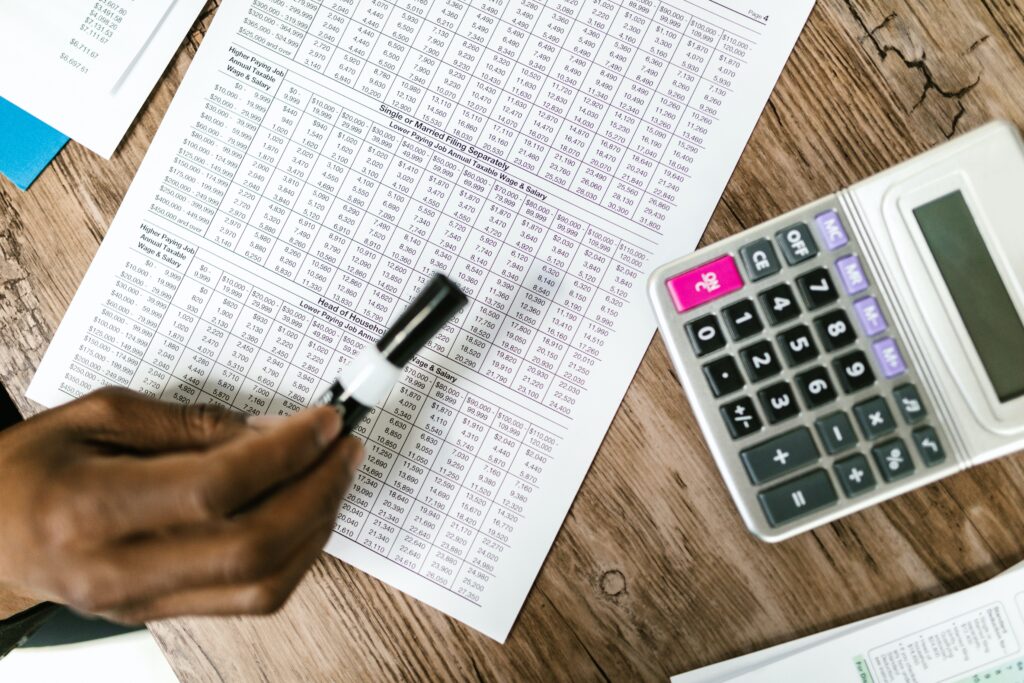Income taxes have always been a topic of concern for many of us. Understanding income tax
laws in India poses challenges such as their complexity, frequent updates, and lack of
awareness and education. The technical language and calculations involved can be
overwhelming, making interpretation difficult for many of us. Staying updated with ever changing tax provisions and understanding obligations can also be challenging.
Easing these challenges can look like seeking professional assistance from tax experts,
actively educating oneself through resources and workshops, and utilising online platforms
provided by the government. Learning about common topics in small bit-sized content can
help us slowly make sense of many tax matters.
Today, as a step towards demystifying taxes for all of us, we are going to look into a very
basic & simple illustration of a topic that makes many of us get tensed – Capital Gains. Let’s
explore a few basic capital gain concepts through the situation of Mr. Anish who is 63 years
old, retired senior citizen (Residential Status: Resident) living in Mumbai with his wife in
their own house. He has no other dependents. His situation is as below:
Mr. Anish had purchased a residential apartment in Thane, Maharashtra in 2002 for Rs. 12.5
Lakhs. He sold this apartment in October 2023 for Rs. 90 Lakh.
With the proceeds, he purchased a residential apartment in Mumbai in January 2023 (worth Rs. 1.2 Crore) jointly with his daughter, to the extent of Rs. 60 Lakhs (The rest was financed by his daughter
through her savings & home loan).
He is concerned about the capital gains tax he needs to pay on sale of this property.
Let’s analyse this transaction and understand how we compute Mr. Anish’s tax liability step
by step.
#1 Back in 2002, Mr. Anish had purchased a residential apartment in Thane, Maharashtra,
for Rs. 12.5 Lakhs. Fast forward to October 2020, he sold the apartment for Rs. 90
Lakhs. Since Mr. A held the property for more than 36 months, the profit he made from
the sale is considered as long-term capital gains (LTCG).
#2 To calculate the LTCG, we need to subtract the any incidental costs of transfer/sale and
then further subtract indexed cost of acquisition from the sale consideration. The indexed
cost of acquisition is the cost adjusted for inflation using the Cost Inflation Index (CII).
This helps account for the rise in prices over the holding period.
#3 In case any improvements were carried out on the property, the same can also be
subtracted as Indexed Cost of Improvements (in the same manner as indexed cost of
acquisition). What is this cost of improvements, you may ask. We can simply say that it
includes all those capital expenditures, which are incurred to enhance or increase the
value of the capital asset. In this case, Mr. Anish has not made any improvements, hence,
taken as nil.
#4 Indexed cost of acquisition is computed as Cost of Acquisition of the asset multiplied by
CII of year of sale/transfer divided by CII of year of purchase of the asset. This looks
like [12.5 Lakhs * 331 /105] = Rs. 39.4 lakhs. Subtracting this from Rs. 90 Lakhs, we get
long term capital gain of approximately Rs. 50.6 lakhs.
#5 The LTCG will be taxed at a rate of 20% (with indexation benefit) along with applicable
surcharge and cess. This will amount to around Rs. 10.52 Lakhs (including cess).
#6 However, Mr. Anish may be eligible for certain exemptions under Section 54/54EC/54F
etc. if he fulfils the specified conditions. As Mr. Anish has reinvested part of the
proceeds into purchase of another residential property jointly with his daughter, let’s see
if Mr Anish is eligible to claim exemption under section 54 of the Income Tax Act, 1961.
#7 Section 54 requires that capital gains be invested in:
- Purchase of another Residential Property within 1 year before or 2 years after thetransfer of the Property sold and/or
- Construction of Residential house Property within a period of 3 years from the dateof transfer/sale of property.
In this case, The sale was in October 2022 and purchase of new property was in January, 2023. Mr. Anish has reinvested the LTCG within 2 years from the sale of property, therefore can claim exemption u/s 54.
#8 The amount of deduction u/s 54 is as below:
- If the LTCG = or < (less than) the cost of the new house, then the entire capital gain shall be exempt
- If the LTCG = or > (greater than) the cost of the new house, then the cost of the new house shall be allowed as an exemption.
In this case, Mr. Anish has invested Rs. 60 Lakhs into the new property which is greater
than the amount of LTCG (which was Rs. 50.6 Lakhs). Hence, LTCG after deduction u/s
54 results to Nil. Hence, as LTCG is 0, LTCG tax is also 0.
#9 It is good to note that such reinvestment need not be wholly & only be in the name of the
assessee. The emphasis of the provision is to ensure the re-investment of proceeds itself
within the stipulated time.
Mr. Anish’s situation was rather straightforward and that’s why we chose to illustrate the
basics through his situation. If you have come across any situation where there are more
matters to be considered, it will be helpful to seek professional advice to determine the exact
tax liability and potential exemptions.
Understanding income tax can be helpful & empowering, yet it’s essential to consult a tax
professional for personalised advice and accurate tax compliance. Remember, each person’s
tax situation may be unique, and seeking professional guidance ensures the correct
interpretation of tax laws and regulations.
By developing a good understanding of income tax, we can make informed financial
decisions and fulfil our tax obligations as responsible citizens.
In future articles, we shall explore more complex scenarios as well. If there is any scenario
you’d like us to cover, leave your suggestion down in the comments and we’ll solve it for you
in our upcoming articles.
To book your finance coach, click on
Or ping us at:

